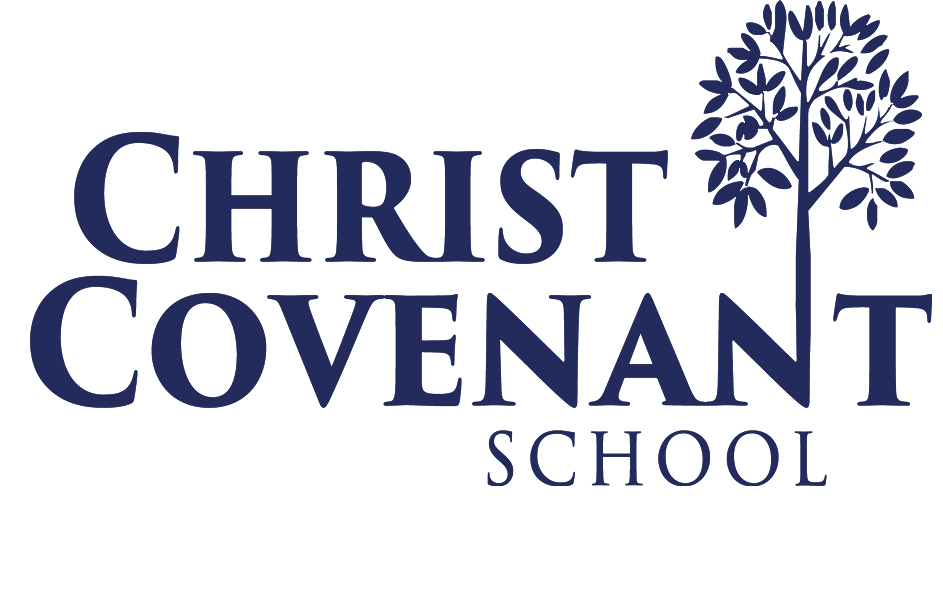 |
Workforce oriented.
Schools must impart job skills of value to particular industries. This early job training may not apply to other industries and often ignores reasoning and other higher level skills.
|
Critical thinking oriented.
The emphasis is on reasoning skills, wisdom, and training the mind. These are broad skills that can be used in higher education, the workplace, and the home.
|
|
Progressive.
The State should control the process and outcomes of education. |
Christian.
Parents should control the process and outcomes of education. Schools should come alongside parents and serve them and are accountable to them.
|
|

|
Hostile to traditional Christianity.
There is little toleration to orthodox Christian teachings or claims to truth.
|
Founded on traditional Christianity.
Classical Christian education begins with the assumption that God has revealed truth in the Scriptures and that the Bible is an infallible authority.
|
|

|
Morally relative.
All moral positions are equally valid, though some may be more risky. There are no moral absolutes; what is true for you may not be true for me.
|
Morally stable.
There are biblical standards of right and wrong, good and evil, that children must learn and come to value.
|
|
Dismissive of the past.
Latin, logic, rhetoric and other once-core subjects are no longer taught.
|
Eager to learn from the past.
Latin, logic and rhetoric are taught as core requirements. What worked well in the past is brought forward.
|
|
Fractured.
Knowledge is dis-integrated; it is broken into separate subjects that rarely relate to one another.
|
Integrated.
Knowledge is unified and crosses subject boundaries. Students learn the big picture as well as the details.
|
|
Focused on a diploma or other credential.
|
Focused on imparting the ability to learn.
Teachers encourage students to strive for mastery, not merely grades or seat time.
|
|
Expensive.
NC spends $9,500 per pupil each year.
|
Priceless.
Tuition at CCS is $7,100 per pupil.
|
|

|
Textbook based.
Information given to students is filtered through textbooks written to comply with politically correct standards. Interpretations are given to students. |
Primary text based.
Students are taught how to read original authors’ works and to interpret primary sources for themselves based on their own study of history, literature, theology, language, etc.
|
|
Bureaucratic.
The system is often hard to navigate or influence. It is frequently slow to respond.
|
Locally governed.
There is usually a biblical model of accountability and boards are usually highly responsive to parents.
|
|

|
Given to fads.
There are continual cycles of education reform in efforts to find best practices. New methods, tests, and materials are frequently rolled out to find something more effective.
|
Given to historically proven methods of instruction.
Instruction includes songs and chants for younger students, and engaging questions and answers (Socratic dialogue), debates, and speeches for older students.
|
|
Naturalistic.
Science, technology, engineering, & math (STEM) are most desired. The humanities (language, history, art, literature) are being de-emphasized.
|
Balanced.
The humanities, arts, and sciences are all taught for a full perspective of truth, goodness, and beauty. Students are taught to be well rounded and to achieve mastery in all subjects.
|

